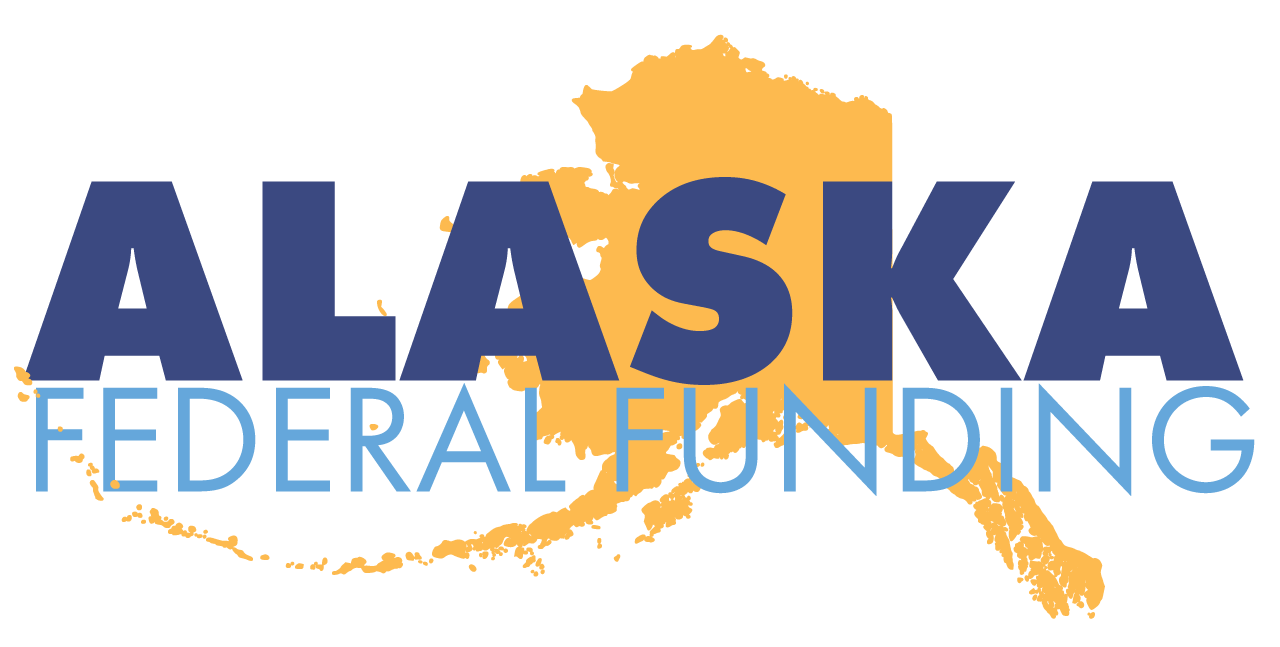- Deadline: Rolling
- Grant amount: Up to US $1,000,000
- Fields of work: Sanitation & Clean Drinking Water
- Applicant type: Government Entity, Indigenous Group, Nonprofit
- Funding uses: Project / Program, Capital Project
- Location of project: Alaska
- Location of residency: Matches: Alaska
Overview:
NOTE: Applications for this program are accepted year round, online through RD APPLY or through your local RD office.
What does this program do?
This program helps eligible communities prepare, or recover from, an emergency that threatens the availability of safe, reliable drinking water.
What kind of event can qualify as an emergency? NOTE: A federal disaster declaration is not required.
- Drought or flood
- Earthquake
- Tornado or hurricane
- Disease outbreak
- Chemical spill, leak or seepage
- Other disasters
How may the funds be used?
- Water transmission line grants up to $150,000 to construct waterline extensions, repair breaks or leaks in existing water distribution lines, and address related maintenance necessary to replenish the water supply
- Water source grants up to $1,000,000 are to construct a water source, intake or treatment facility
Why does USDA Rural Development do this?
This program helps prevent damage or restore households and business’ access to clean, reliable drinking water in eligible rural areas and towns following natural disasters. Funding can improve the natural environment and encourage manufacturers and other businesses to locate or expand operations.
You can learn more about this opportunity by visiting the funder’s website.
Eligibility:
- Who may apply?
- Most state and local governmental entities
- Nonprofit organizations
- Federally recognized tribes
- What is an eligible area?
- Rural areas and towns with populations of 10,000 or less — check eligible addresses
- Tribal lands in rural areas
- Colonias
- The area to be served must also have a median household income less-than the state’s median household income for non-metropolitan areas.
Preferences:
- Partnerships with other federal, state, local, private and nonprofit entities are encouraged
